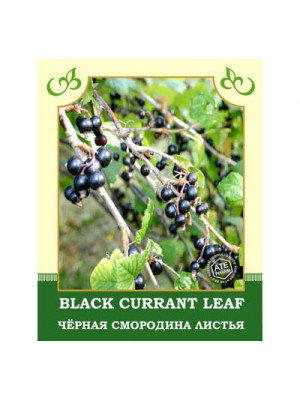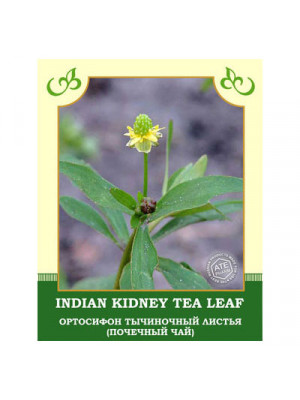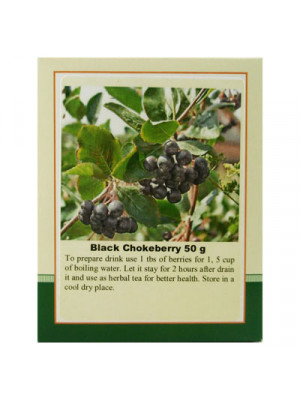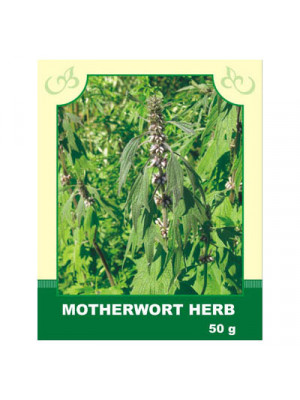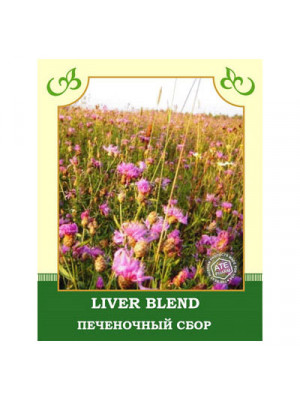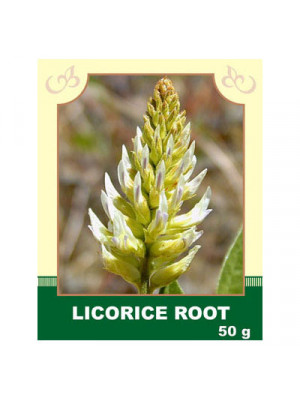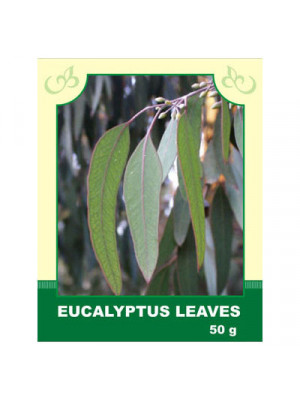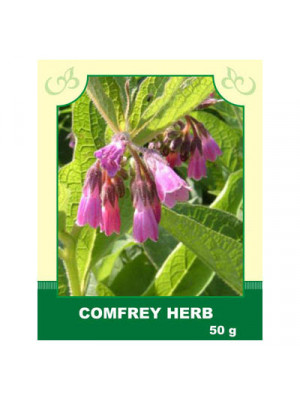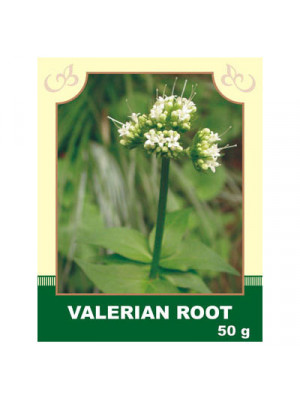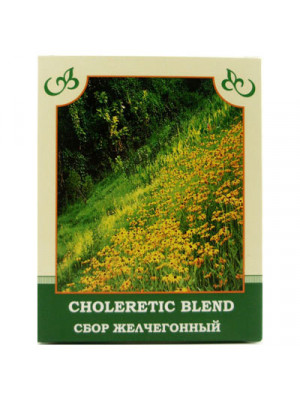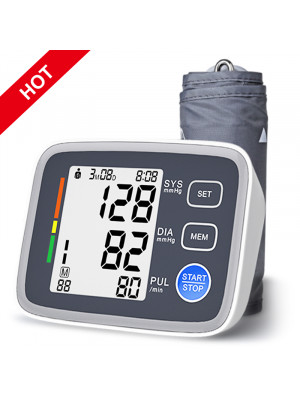Search results for 'Black Currant Leaf 50g'
Internally: Tinctures strengthen the immune system, improve mood; used for chronic cough, frequent colds, gout, arthritis. The tincture reduces tissue swelling, lowers blood pressure. Infusions are absorbed more slowly, but their effect is longer. They will help restore strength after a prolonged illness, protect the body during flu and viral infections, improve memory.
Method of application and dosage: For the infusion, 2 tablespoons are poured with 1 glass of boiling water and infused for 10-15 minutes. Strain and drink with honey. For the decoction, 100 g is poured with 2 liters of boiling water and placed in a water bath for 10-15 minutes. Infuse for 10 hours. For a cough, drink 100 g until the illness subsides. The decoction will better help cope with fatigue and overwork.
Contraindications: Individual intolerance, avoid with stomach ulcers, gastritis with high acidity; use in limited quantities during pregnancy and lactation.
$6.99Internal use:
Consuming an infusion made from the herb of this plant is effective for cholelithiasis, edema of various origins, cystitis, kidney stones, rheumatism, gout, and diabetes. Better results are achieved when combined with other medicinal plants that have diuretic and anti-inflammatory properties (field horsetail, weeping birch, cranberry leaves, and knotweed).
Application and dosage: Pour 1/2 teaspoon of crushed herb with 200 ml of boiling water, heat in a water bath for 10 minutes, infuse for 45 minutes at room temperature, strain, bring the infusion to the original volume with boiling water, and drink warm 1/2 cup twice a day before meals for 4-6 months with monthly breaks of 5-6 days. In case of cholecystitis, take the infusion after meals.
Contraindications: Individual intolerance.
$7.99Internally: Blackcurrant enhances immunity, has a general strengthening effect, helps strengthen blood vessel walls, increases their elasticity and firmness; has a favorable effect on the endocrine system; contributes to lowering blood pressure and blood sugar levels.
Method of application and dosage: In 1 liter of boiling water, add 100 g of dried berries and simmer for 10 minutes. Remove from heat, cover with a lid, infuse for 20 minutes. Squeeze through cheesecloth. Drink 3 times a day, half a glass each time. For colds, take 3 tablespoons of dried berries, pour boiling water (1 liter), infuse for 3 hours. Strain, pour into a glass, mix with a tablespoon of honey. Drink throughout the day.
Contraindications: In case of frequent constipation, peptic ulcer disease, gastritis with high acidity, hypotension, thrombophlebitis, and increased blood clotting.
$6.99Internally, it is taken for nervousness, cardiomyopathy, insomnia, neurasthenia, depression, venous-vascular dystonia, gastrointestinal disorders, enlarged thyroid gland, inflammation of the intestines, scanty menstruation, initial stages of hypertension, increased nervous excitability, especially associated with menopause in women and prostate hypertrophy in men.
Method of application and dosage: Steep 15 g in 200 ml boiling water, boil on a water bath for 15 minutes, infuse at room temperature for 45 minutes, strain, squeezing the remaining raw material. Bring the ready infusion to the original volume with boiling water and take 1 tablespoon 3-4 times a day before meals.
Externally, it is applied for burns, as it has a strong anti-inflammatory and antibacterial effect. Steep 2 tablespoons in 300 ml boiling water, infuse for 1 hour, and use as directed.
Contraindications: Individual intolerance, bradycardia, or arterial hypotension.
$5.99Composition: marigold, flax seeds, yarrow, watercress, licorice, flax seeds, milk thistle fruits.
For liver diseases, gallbladder and bile ducts, hepatitis, cholecystitis, gallstone disease, helps remove cholesterol from the body.
$5.40Internally: Taken as an expectorant for lung diseases accompanied by cough; as an anti-inflammatory spasmolytic for gastritis, peptic ulcer of the stomach and duodenum; as a laxative and regulating water-salt metabolism in diabetes; as part of medicinal mixtures as a diuretic and laxative.
Method of application and doses: 1 tablespoon of raw material is poured with 200 ml of boiling water, boiled for 15 minutes in a water bath, infused for 45 minutes, strained, squeezing out the remaining raw material. The ready infusion is brought to the original volume with boiled water and taken in 1 tablespoon 3-4 times a day.
Contraindications: Individual intolerance, pregnant women. Prolonged use is not recommended.
$5.99Internally. Eucalyptus is taken for abdominal pain and gastritis with reduced acidity, bronchial asthma, acute respiratory diseases, pleurisy, bronchitis, and tracheitis. Eucalyptus preparations have disinfectant, anti-inflammatory, analgesic, and antimicrobial properties.
Method of application and dosage: Boil 10 g of dried crushed raw materials for 15 minutes in 1 cup of water, strain, and bring the volume to the original one with boiled water. Take from 1 tablespoon to 1/4 cup 3-4 times a day, starting with a smaller dose and increasing with each intake.
Externally used for rinsing and inhalations in laryngitis, tracheitis, catarrhal and purulent bronchitis, abscesses and gangrene of the lungs, for washing infected boils, wounds, fistulas, ulcers, inflammation of the genital organs, for blepharitis in ophthalmic practice. For external use, prepare based on 2 tablespoons of leaves per 0.5 liters of boiling water.
Contraindications: Individual intolerance.
$6.99Internal use:
Take internally the infusion of the roots for gastrointestinal diseases: diarrhea, dysentery, chronic catarrh of the intestines, stomach and intestinal ulcers, chronic catarrh of the respiratory organs with abundant sputum, hemoptysis, bleeding, paralysis, various skin diseases, ulcers, and wounds with simultaneous external application. The infusion and decoction of the roots have the remarkable property of enhancing the regeneration of various tissues, dulling pain, and promoting faster bone healing in fractures.
Method of application and dosage: Pour 1 tablespoon of marsh cinquefoil with 1 glass of boiling water, infuse in a warm place for 4-6 hours, strain through a dense fabric. Take 2 tablespoons 6 times a day before meals. Tincture: Pour 1 tablespoon of finely chopped roots with 100 ml of vodka and infuse for 10 days. Take 15-20 drops 3 times a day. Externally, the infusion of the roots is used for baths, washing, and compresses for fractures, dislocations, bruises, joint pain, jaundice, various skin diseases, and especially for the treatment of old, poorly healing wounds and ulcers. The alcohol tincture of the roots is used for anti-inflammatory and analgesic compresses.
Contraindications: Individual intolerance, during pregnancy and lactation. It is a poisonous plant, requires caution and strict dosage in consumption.
$6.99Internally, aqueous infusion and alcoholic tincture of the rhizomes and roots are used as a calming remedy for nervous excitement, insomnia, asthma, palpitations, seizures, spasms, hysteria, neuroses of the cardiovascular system accompanied by pain and spasms of coronary vessels, for nervous diseases of the stomach and intestines, skin diseases on a nervous basis, and other nervous disorders. They are also used for headaches of nervous origin and inflammation of the sciatic nerve.
Method of application and dosage: 2.5 tablespoons of roots are poured with 200 ml of boiling water, infused for 45-60 minutes, strained. Boiled water is added to the obtained infusion to the original volume. Take 2-3 tablespoons 3-4 times a day, 30 minutes after meals. Tincture: 1 part valerian roots and 5 parts 70° alcohol or vodka, infuse for a week, strain. Take 15-20 drops 3-4 times a day.
Contraindications: Individual intolerance. Nausea and vomiting may occur in case of overdose.
$6.99Composition: immortelle, peppermint, yarrow, coriander.
Liver and bile duct diseases: acute and chronic cholecystitis, hepatitis, cholangitis, dyskinesia of the bile ducts, postcholecystectomy syndrome.
$5.40


